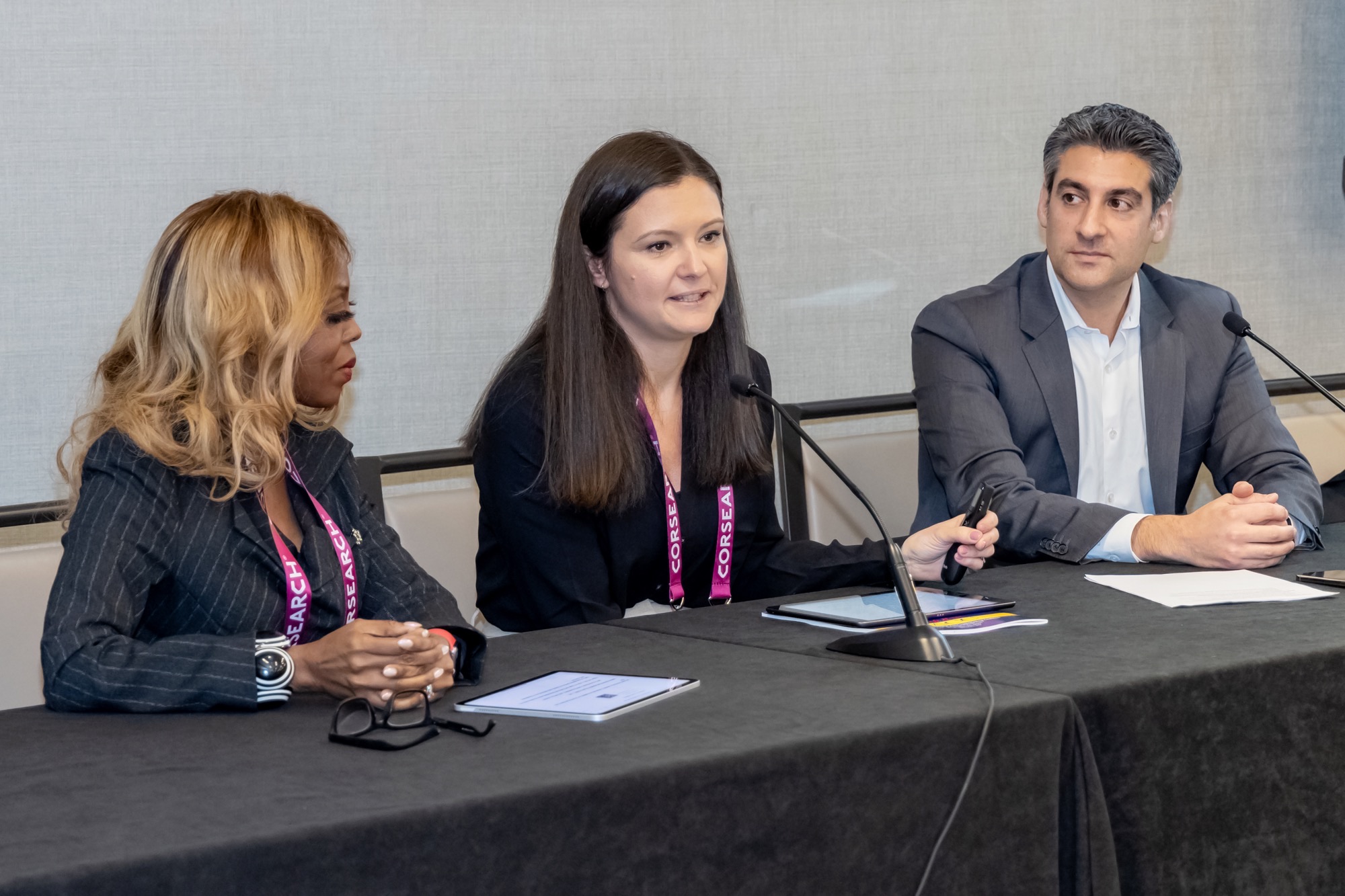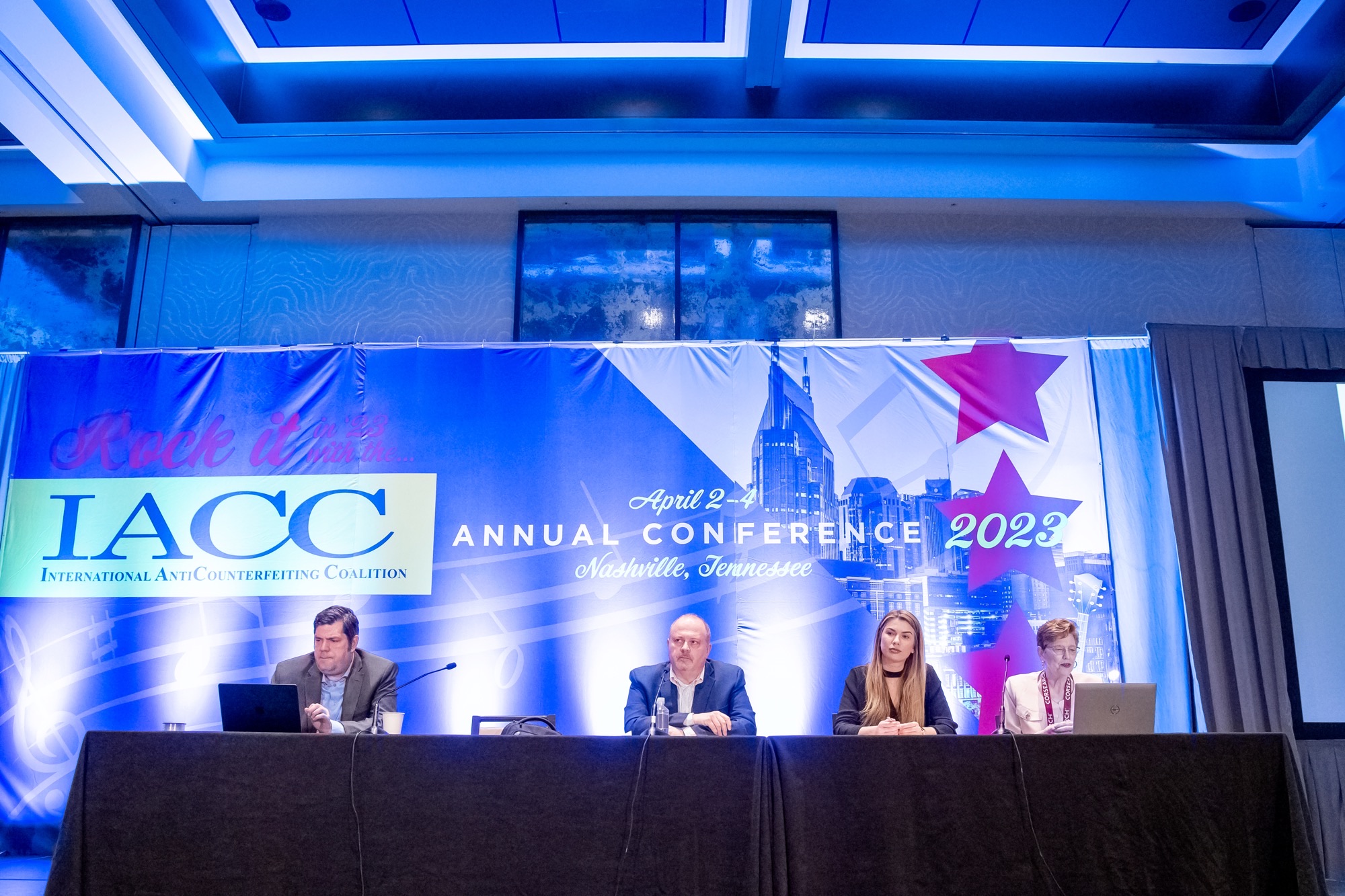Podcast Anyone? While participating at the CCROC Conference last month, IP Partner Angelo Mazza was a featured guest on the The Protectors Podcast presented by the International Association of Financial Crimes Investigators (IAFCI) for the episode: A Pirate’s Ransom: The Battle Against Intellectual Property Theft. Angelo joined hosts Mike and Mark to discuss intellectual property crimes and scams, and how to protect a brand’s most valuable IP assets.
Episode Overview:
According to the Commission on the Theft of American Intellectual Property, the theft of trade secrets costs the U.S. between $180 billion and $540 billion annually. And with advanced technology and the Internet, stealing intellectual property has become easier than ever before. Intellectual Property, or IP, can be movies, music, content on the web, software, patents, and more.
Today’s episode of The Protectors Podcast is brought to you from the 2023 CCROC Conference in Chicago, IL. Mike and Mark sit down with Attorney Angelo Mazza. Angelo is an expert in the field of Intellectual Property Theft, with over three decades of experience battling the ever-evolving challenges that artists, inventors, and creators face. As a legal expert, lecturer, and advocate, Angelo has been at the forefront of protecting intellectual property rights, ensuring that the creative minds behind innovations and artistic works receive the recognition and compensation they deserve.
Whether you’re an aspiring artist, a tech entrepreneur, or simply curious about the evolving landscape of intellectual property, our podcast will provide you with the knowledge and insights to navigate this intricate terrain.



